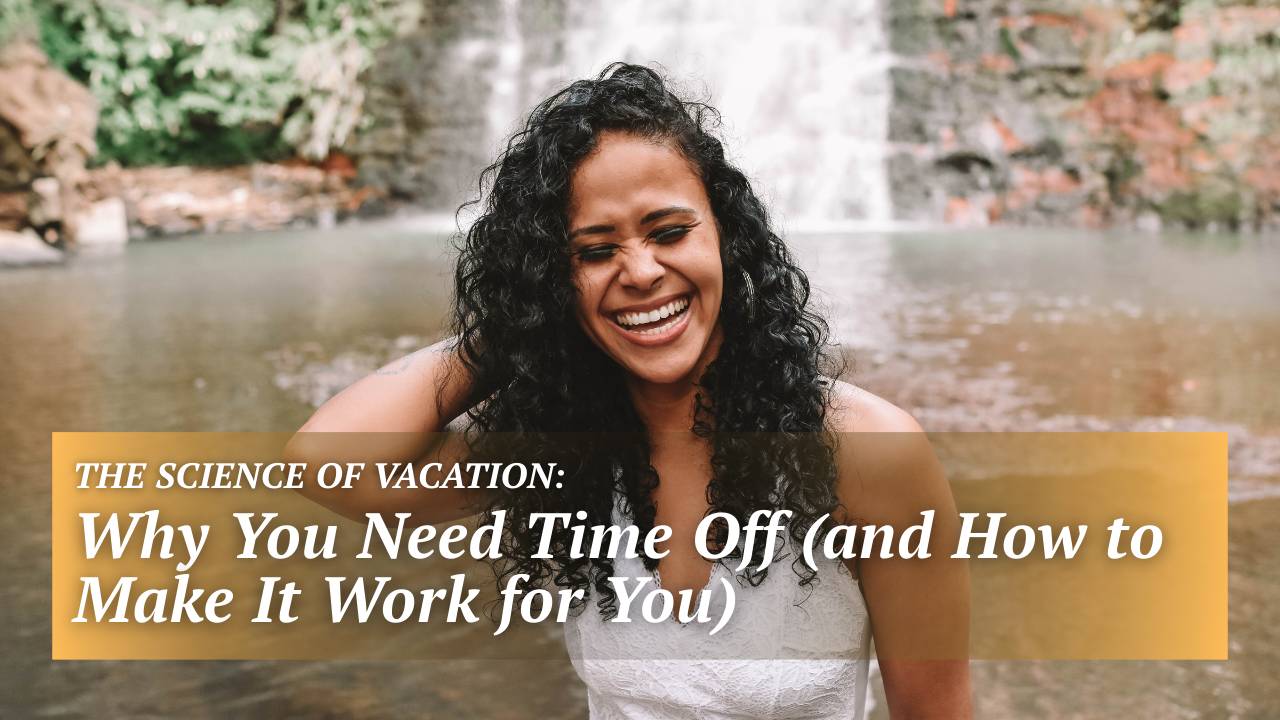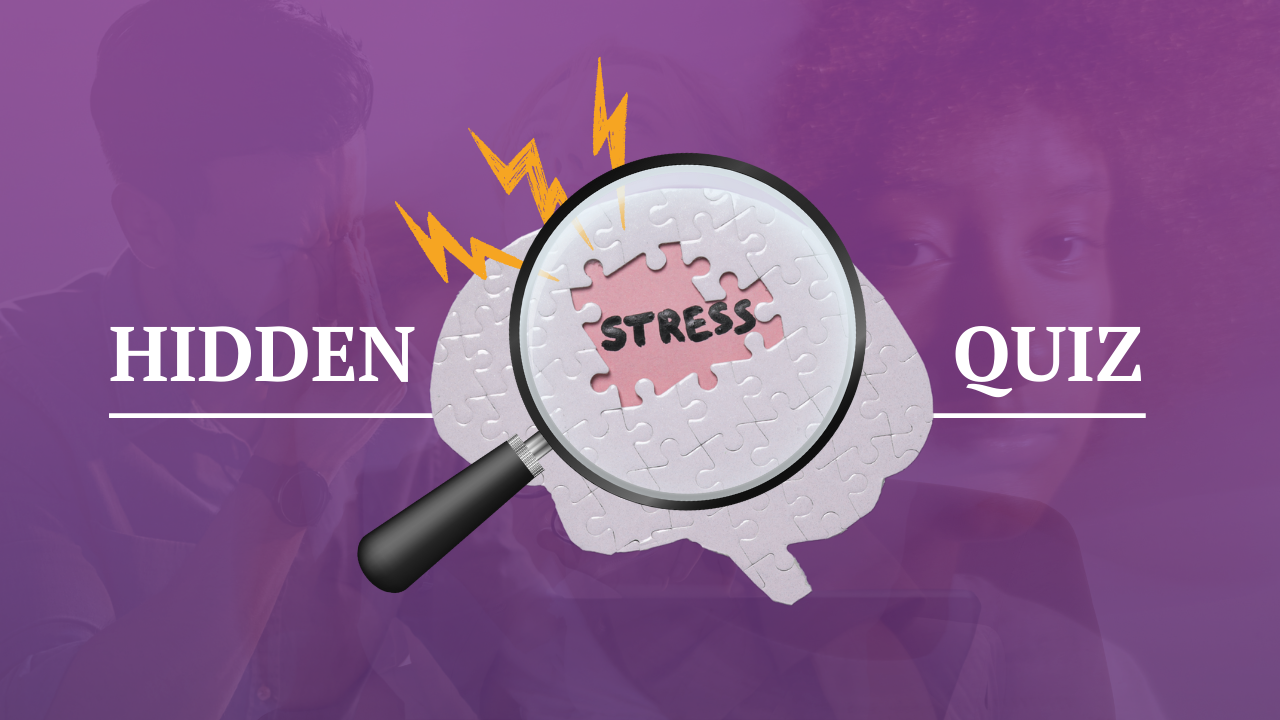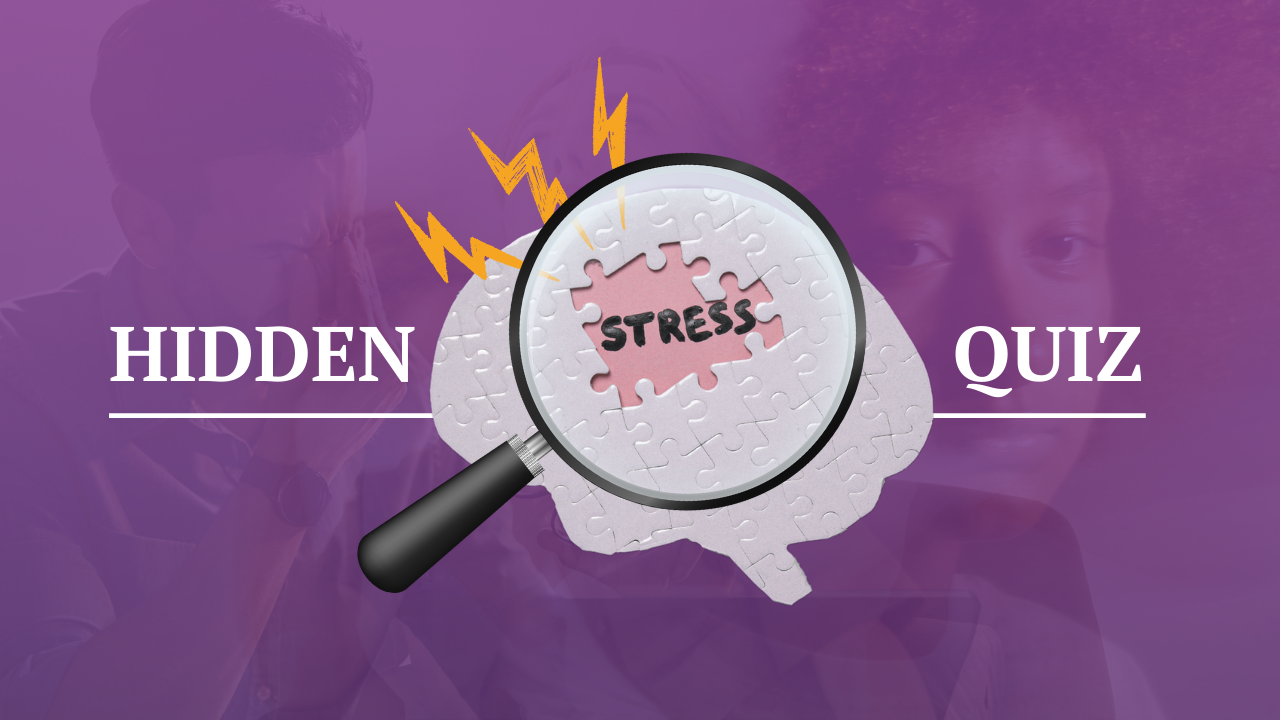The Science of Vacation: Why You Need Time Off (and How to Make It Work for You)
Jun 11, 2025
Taking Time Off Isn’t a Luxury—It’s a Necessity
A few years ago, I took what I thought would be a relaxing vacation, but instead, I spent most of it checking emails, feeling guilty about taking time off, and thinking about my workload. I returned just as exhausted as when I left.
That’s when I realized: it’s not just about taking vacation time—it’s about how you take it. Science shows that rest only restores us if we fully disconnect from work and structure time off intentionally.
So, if you struggle to unplug, feel guilty about resting, or return from vacation feeling just as stressed, this guide is for you.
The Science Behind Why We Need Vacation
Many people skip vacations, thinking they’ll catch up on rest “someday.” But research shows that skipping time off reduces productivity, weakens problem-solving, and increases burnout risk (Fritz & Sonnentag, 2006).
Here’s what science tells us about why vacation matters:
-
Time off improves brain function—a rested mind is more creative and better at solving complex problems (Berman et al., 2012).
-
Stepping away from work prevents burnout—employees who take regular breaks are healthier and more engaged (Sonnentag & Fritz, 2015).
-
Disconnecting from work improves relationships—people who unplug from work during vacation experience deeper connection with loved ones (Westman & Etzion, 2001).
But here’s the catch: Not all vacations are created equal.
1) Plan a “Real” Vacation (Even If It’s a Staycation)
A vacation doesn’t have to mean travel—it just has to be intentional time away from work responsibilities.
Why It Works:
-
Even a short getaway can improve mental well-being and lower stress (de Bloom et al., 2010).
-
What matters most is psychological detachment—feeling mentally removed from work, no matter where you are (Sonnentag, 2012).
How to Use It:
-
If travel isn’t an option, plan a local getaway or a structured staycation with planned activities.
-
Block off time with clear boundaries—no checking emails or work calls.
-
Set an auto-response on email so people know you’re truly unavailable.
Try This: Plan a one-day “no work” mini-vacation this month. Treat it like an actual trip—no chores, no emails, just rest and enjoyment.
2) Set Work Boundaries Before You Leave
Many people struggle to fully enjoy vacation because they feel guilty about stepping away. The key is setting boundaries before you go.
Why It Works:
-
Employees who set clear pre-vacation work limits report lower stress and better post-vacation recovery (Fritz & Sonnentag, 2006).
-
Knowing things are handled reduces “vacation guilt” and makes it easier to relax.
How to Use It:
-
Wrap up major projects before leaving to prevent last-minute scrambling.
-
Clearly communicate your availability (or lack thereof) to colleagues.
-
If you must check in, schedule one brief, limited check-in instead of being always available.
Try This: Before your next vacation, create a handoff plan for your tasks so you can step away without worry.
3) Optimize Your Return to Avoid the Post-Vacation Crash
Ever come back from vacation and feel immediately overwhelmed? That’s because most people don’t plan for re-entry.
Why It Works:
-
A buffer day before jumping back into work helps prevent stress spikes (Kim et al., 2018).
-
Having a structured return plan reduces post-vacation burnout (Sonnentag, 2012).
How to Use It:
-
Schedule a transition day—return home a day before work to mentally reset.
-
Keep your first workday light—block time for catching up before diving into meetings.
-
Don’t schedule back-to-back meetings—give yourself space to re-enter work mode gradually.
Try This: After your next vacation, block the first two hours of your return workday for catch-up time before engaging in meetings or major projects.
Your Future Self Will Thank You
Taking time off isn’t just about relaxation—it’s about resetting your mind, body, and energy. By planning vacations with intentional detachment, clear boundaries, and a structured return, you can ensure your time off actually restores you.
What’s one thing you can do today to plan a real break for yourself?
References
Berman, M. G., Jonides, J., & Kaplan, S. (2012). The cognitive benefits of interacting with nature. Psychological Science, 19(12), 1207-1212.
de Bloom, J., Kompier, M., Geurts, S., de Weerth, C., Taris, T., & Sonnentag, S. (2010). Do we recover from vacation? Journal of Occupational Health Psychology, 15(1), 21-32.
Fritz, C., & Sonnentag, S. (2006). Recovery, well-being, and performance-related outcomes: The role of workload and vacation experiences. Journal of Applied Psychology, 91(4), 936-945.
Kim, S., Park, Y., & Niu, Q. (2018). Micro-breaks matter: A diary study on the effects of micro-breaks on well-being. Journal of Vocational Behavior, 109, 96-104.
Sonnentag, S. (2012). Psychological detachment from work during leisure time: The benefits of mentally disengaging from work. Current Directions in Psychological Science, 21(2), 114-118.
Westman, M., & Etzion, D. (2001). The impact of vacation and job stress on burnout and absenteeism. Psychology and Health, 16(5), 595-606.


